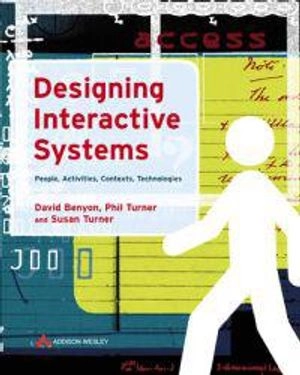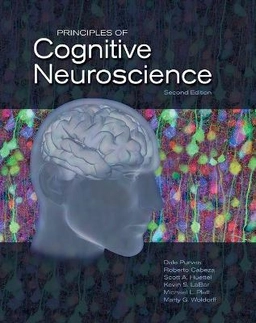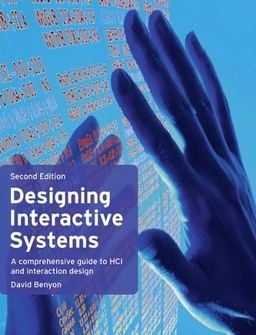Designing Interactive Systems: People, Activities, Contexts, Technologies is an exciting, forward-looking textbook in Human Computer Interaction (HCI). It is suitable for beginners as well as advanced students of HCI and can be used at all stages of the curriculum.
Authoritative in its coverage, the book draws on the authors extensive experience in research and teaching. A self-contained introduction to the area is followed by a systematic discussion of the influence of human psychology on the design of interactive systems, illustrated by many real-world examples. Next, a practical, scenario-based design method and techniques are presented. Later sections treat hot topics such as affective computing, social navigation and computer-supported cooperative work. A range of current methods, including contextual design and the latest thinking in evaluation, are treated in detail. These more advanced, research-led chapters encourage the reader to reflect critically on the domain as a whole.
The book explores this continually developing discipline by bringing together the most useful aspects of established practice with newer perspectives. The approach recognizes that we have gone beyond computers in the workplace and are concerned with designing engaging interactions between people and a wide range of devices, products and systems.
FEATURES
Broad coverage to take students of HCI through their entire degree programme. Appropriate for students of all levels as well as professionals working in industry. Running case-studies (a home information system and a VR training environment) bring to life the complex real-world nature of HCI problems and demonstrate how they can be resolved. Full-colour text with a variety of engaging pedagogical features such as challenge questions and real-world examples to help students in their learning and understanding and encourage them to think for themselves. This book is highly suitable for those studying HCI as part of a course in Software Engineering, Computer Science or similar subjects, and ideal for Human Computer Interaction students and professionals needing to know more about this field.
About the Authors
David Benyon is Professor of Human-Computer Systems at Napier University, Edinburgh.
Phil Turner is Senior Lecturer in Computing at Napier University, Edinburgh.
Susan Turner is Lecturer in Computing at Napier University, Edinburgh.
Åtkomstkoder och digitalt tilläggsmaterial garanteras inte med begagnade böcker





















